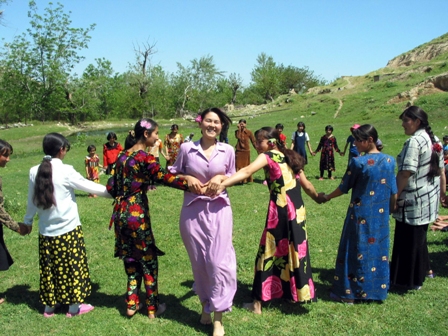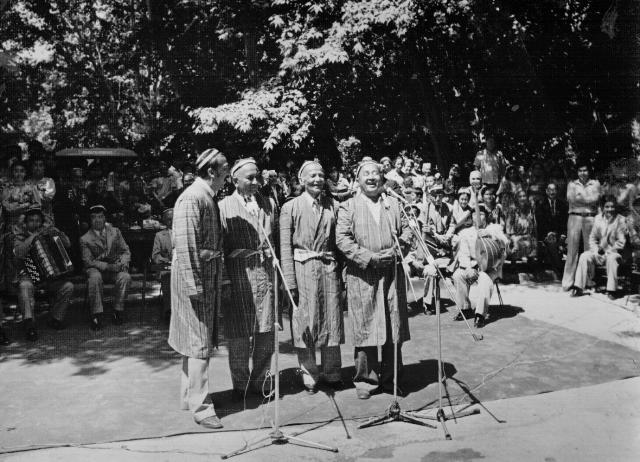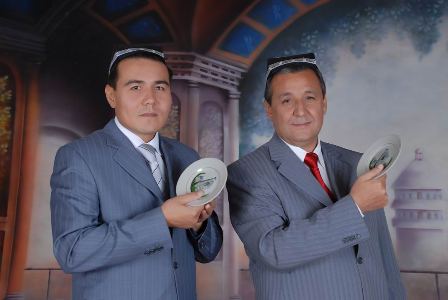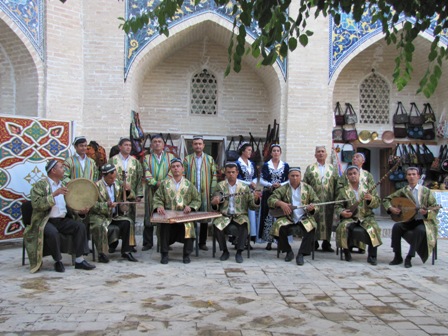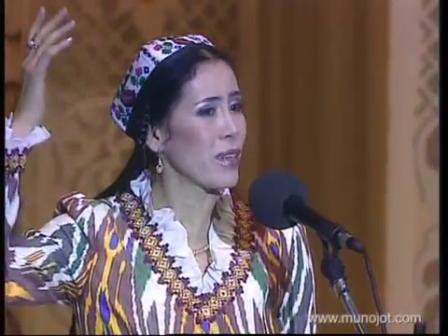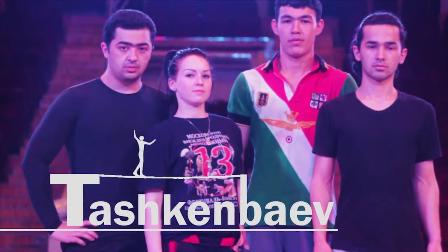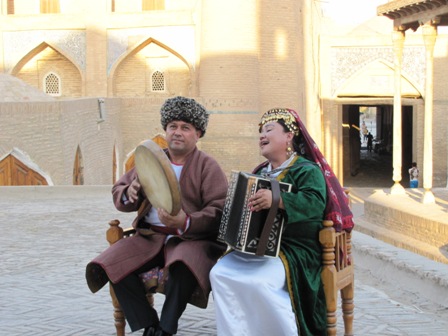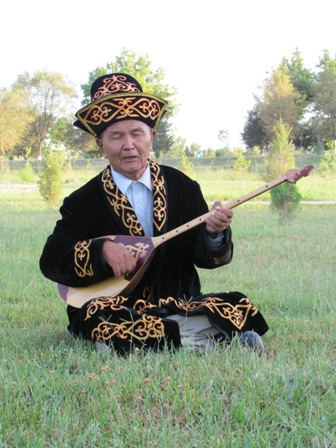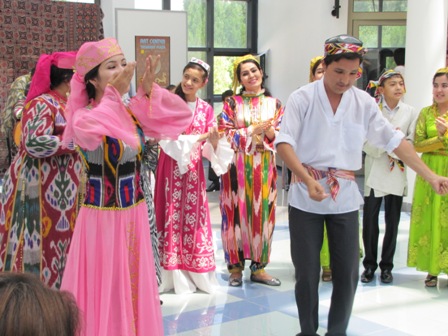Folk games
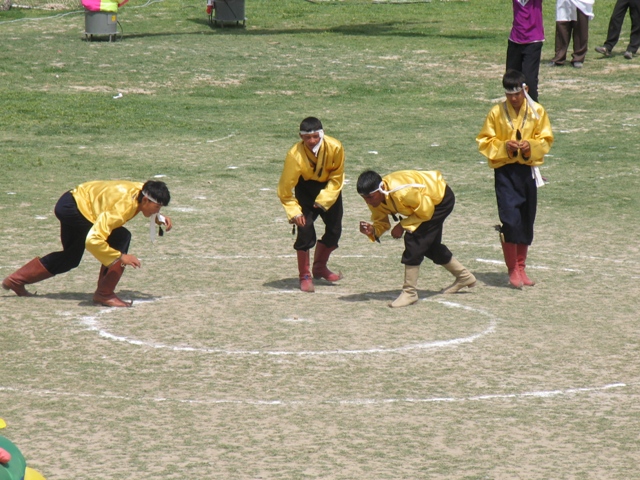
Domain: Performing Arts
Index Number: 02.06.05
Folk games have always fulfilled educational function in all societies. Unlike other types of education, in the folk games this process occurs with ease and in the form of competition. Thanks to them it is possible to develop an individual physically and mentally. And as a rule, folk games are open to anyone, and as such, they are considered the most democratic type of education.
From time immemorial folk games have embodied peoples' lifestyle, their everyday life and labor habits, national values and principles, their ideas about honor and courage, their desire of having physical strength and intellect. Their participants had to demonstrate such qualities as dexterity, swiftness and beauty of movements, resourcefulness, endurance, creativity, drive for victory and collective actions.
In children's folk games it is possible to observe existence of humor, jokes and competitive fervor. The movements oftentimes are accompanied by sudden and joyful moments, alluring and interesting counting rhymes, nursery rhymes and draws. All these have their artistic charm and aesthetic value, and as such, represent invaluable and inimitable folklore.
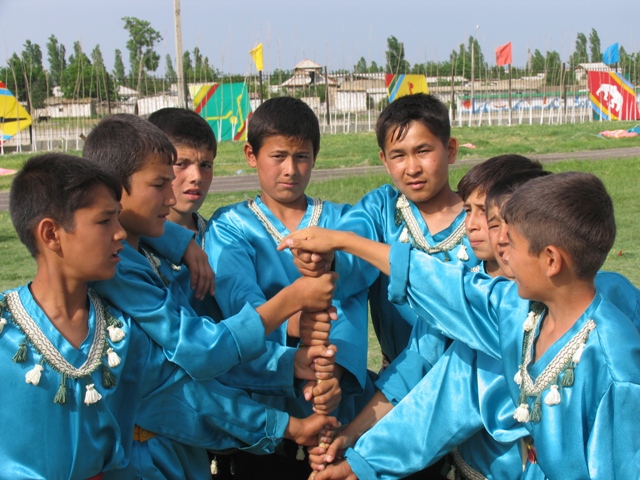 A great educational value is inherent in the rules of game. They determine the whole course of the game, regulate actions and behaviors of participants, their mutual relations, help in nurturing their will and character. They also stimulate active thinking, promote broadening of the mind, ensure clarification of ideas about surrounding world and help in improving all mental processes.
A great educational value is inherent in the rules of game. They determine the whole course of the game, regulate actions and behaviors of participants, their mutual relations, help in nurturing their will and character. They also stimulate active thinking, promote broadening of the mind, ensure clarification of ideas about surrounding world and help in improving all mental processes.
Uzbek folk games, in terms of features, prevalent in them, are classified as follows:
• Hunting games (Gang, Jambil, Lappak, Oshiq, Khappak, Chirgizak);
• Shepherds' games (Tuptosh, Kotarma tosh, Echki oyin, Chopon va shoqol, Qadama tayoq, Chillik, Podachi, Chanta, Chuv-chuv, etc.);
• Games associated with crafts (Dandarak, Charkhpalak, Besh barmoq, Paqilloq, Lanka, Chighiriq, Uzuk soldi, Varrak, Sartarosh, Koz boghlar, etc.);
• Games associated with agriculture (Palakhmon, Jon burgam, Somon sepdi, Chanoq oyin, Shaftoli shaker, Qoriqchi, etc.);
• Imitation games (Khola-khola, Topaloq, Kim oladi-yo, Ayiq oyin, Khoroz urushtirish, Oqsoq turna, Bosari, Asalari, Ghozlar, etc.);
• Action games (Chunka shuvoq, Chim otish, Kim tex, Hurkach, Tufaloq, Chori chambar, Mushuk-sichqon, Yoghoch oyoq, Durra olish, Khalinchak, etc.);
• Word games (Kim chaqqon, Bolkon-bolkon, Botmon-botmon, Juftmi-toq, Oq quyonim alomat, Oq terakmi, kok terak, Pirr etdi, etc.);
• Games played during get-togethers (Gap-gashtak, Topik oyin, Podsho-vazir, Podsho-oghri, Arshi alo, etc.);
• Folk wrestling and the games associated with it (Milliy kurash, Polvonbozlik, Yelkada kurash, Bel olish kurashi, etc.);
• Riders' games (Chavgon, Uloq-kopkari, Piyoda poyga, Oltin qoboq, Shoghuloq, Qiz quvish, Eshak mindi, etc.).





